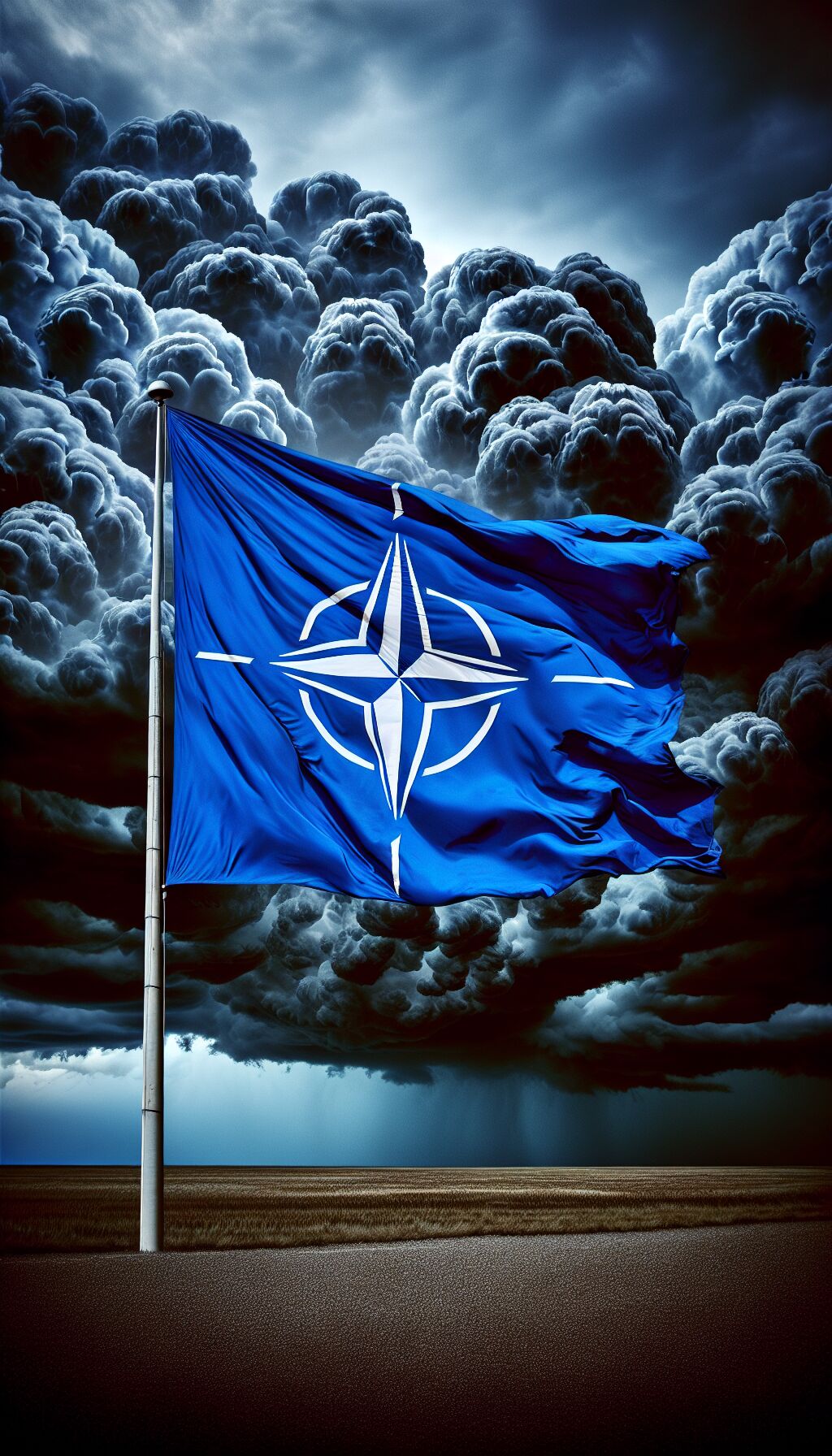U.S. Commitment to NATO: Insights from Sen. Jim Risch
In a recent dialogue with Fox News Digital, Sen. Jim Risch (R-Idaho) voiced a strong commitment to NATO, assuring that the United States will not abandon the alliance during the Trump administration. As the chairman of the powerful Foreign Relations Committee, Risch expressed determination to work collaboratively with the new president to bolster NATO’s role on the world stage.
Prioritizing Leadership and Coordination
With an eye on enhancing U.S. foreign policy, Risch identified his foremost priority as ensuring President Trump’s national security team is positioned effectively before Inauguration Day. “I’m cautiously optimistic that we can confirm Marco Rubio, Trump’s nominee for Secretary of State,” he stated, highlighting how swift appointments are crucial for strategic continuity.
Risch described his recent meeting with Trump as enlightening, emphasizing a proposed shift towards a more stable and focused national security effort compared to the previous administration. “Anybody you talk to will tell you it’s really different this time,” Risch declared. “It’s gonna be a lot better.”
Reinforcing NATO Amid Global Tensions
The senator dismissed concerns over Trump’s previous threats to withdraw from NATO, reinforcing that the current geopolitical climate, particularly Russia’s aggressive posture, has left little room for such notions. “I think everyone’s recognized now with what Russia’s done, that the original founders of NATO were very right that we have to stand up and come together,” Risch stated. “I don’t think anybody would have the idea that we should leave NATO.”
Risch referred to a recent congressional vote regarding U.S. NATO participation, which passed overwhelmingly in favor of remaining within the alliance, highlighting a bipartisan consensus on this critical issue. Under legislation enacted as part of the National Defense Authorization Act (NDAA) of December 2023, any potential withdrawal of the U.S. from NATO would require approval from two-thirds of the Senate or a legislative act, a provision primarily championed by Rubio.
Regional Spending and Security Commitments
Amidst ongoing discussions about defense spending, Risch pointed out that after the 2022 invasion of Ukraine, NATO nations have begun to gradually increase their military budgets. However, he noted the slow pace of these increases, with Canada projected not to meet NATO’s defense spending target of 2% of GDP until 2032. As of now, 23 out of 32 NATO members are adhering to the target, yet Risch emphasized that this count is insufficient for the alliance’s security needs.
“We’re going to have to do more,” he asserted, indicating that it’s time for European allies to step up financially in defense commitments. “There’s a lot of discussion about what that looks like, and I think European countries are going to fall in line. They really need to.”
Trump’s Expectations for NATO Contributions
Former President Trump reiterated his stance on NATO in December, stating he would “absolutely” consider leaving the alliance if the current members do not meet their financial commitments. Trump has long criticized NATO members for not meeting the 2% defense spending goal, pushing the agenda further by suggesting an increase to 5%. “They can all afford it, but they should be at five percent, not two percent,” Trump commented recently, emphasizing the disproportionate financial burden borne by the U.S. relative to its allies.
During a speech at his Mar-a-Lago resort, Trump remarked on the geopolitical disadvantages faced by Europe, voicing frustration over the U.S. covering far greater expenses in defense. “Europe is in for a tiny fraction of the money that we’re in for,” he noted, illustrating the strategic financial imbalance he perceives between the U.S. and its European counterparts.
Defense Spending Statistics
As of 2023, the U.S. allocated approximately 3.4% of its GDP to defense, with Poland leading NATO spending at 4.12%. Risch reinforced his intentions to collaborate with Trump on ensuring NATO allies enhance their budgets to fortify collective security.
The Future of U.S.-Iran Relations
Looking beyond NATO, Risch outlined his plans to reengage in a “maximum pressure” campaign against Iran, denouncing prior diplomatic efforts made during the Biden administration. “They are going to go back to the maximum pressure,” he stated, expressing support for heightened sanctions aimed at crippling the Iranian economy.
Risch criticized the previous administration’s approach to Iran, which he says “shoveled a bunch of cash at them” in exchange for diplomatic negotiations. “Iran is going to have to make some really tough decisions,” he concluded, hinting at the internal and external pressures that may challenge the regime’s longstanding policies.
Conclusion: Unified Approach Moving Forward
As the new administration prepares to take the reins, the words of Sen. Jim Risch provide insight into the Republican commitment to NATO and a renewed approach to U.S. foreign policy, marked by strengthening alliances and a firm stance against adversaries. Risch’s optimistic outlook on collaboration with Trump and a focused strategy signals a shift towards a more stable and united front in addressing global challenges.
